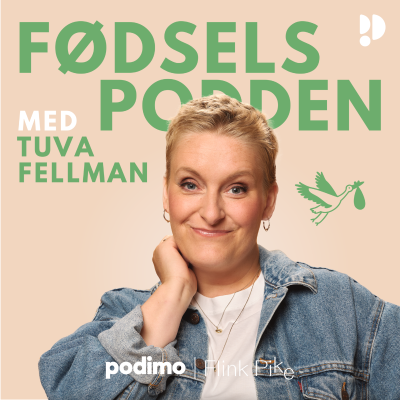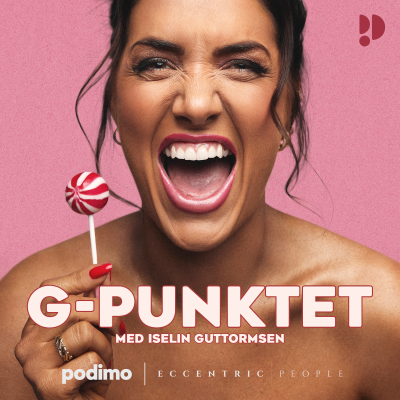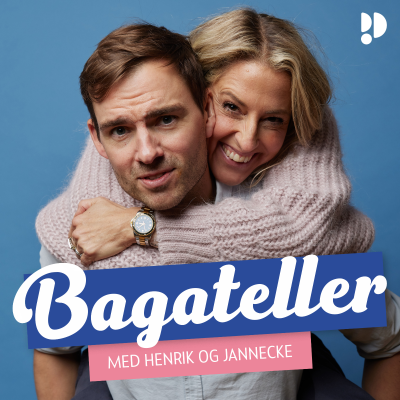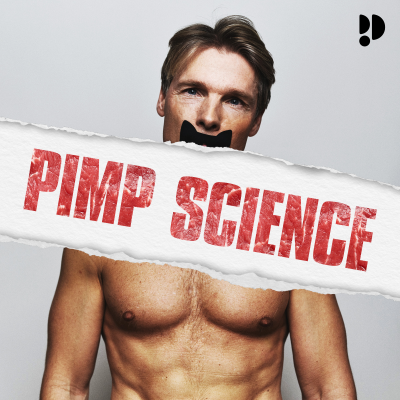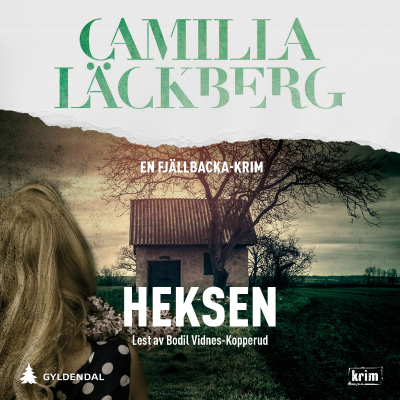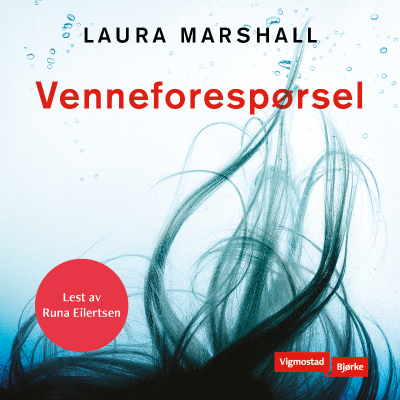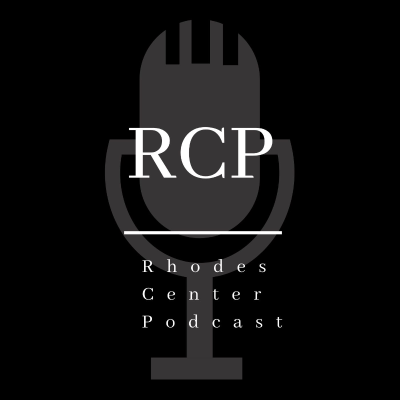
The Rhodes Center Podcast with Mark Blyth
Podkast av Rhodes Center
A podcast from the Rhodes Center for International Finance and Economics at the Watson Institute at Brown University. Hosted by political economist and director of the Rhodes Center, Mark Blyth.
Tidsbegrenset tilbud
3 Måneder for 9,00 kr
Deretter 99,00 kr / MånedAvslutt når som helst.
Alle episoder
69 EpisoderOn this episode, Mark talks with two guests to try and understand why, despite growing right populist movements emerging and winning elections in countries around the world, the left seems to be stalling. It’s a simple question with an incredibly complex answer. Hopefully, though, these two guests will help you to see both the question and its possible answers in a new light. Guests on this episode: * Björn Bremer: political scientist at Central European University, John F. Kennedy Memorial Fellow at the Minda de Gunzburg Center for European Studies (CES) at Harvard University, and author of “Austerity from the Left: Social Democratic Parties in the Shadow of the Great Recession [https://www.amazon.com/Austerity-Left-Democratic-Parties-Recession/dp/0192872214]” * Paul Pierson: professor of political science at UC Berkeley and author of, most recently, “The American Political Economy Politics, Markets, and Power [https://www.amazon.com/dp/1316516369?ref_=cm_sw_r_em_ud_dp_C7VPP7BQRFSQ01G3ETPJ]” Transcript coming soon to our website [https://rhodes-center-podcast.captivate.fm/] Learn more about the Watson Institute's other podcasts [https://home.watson.brown.edu/news/podcasts]
On this episode, Mark Blyth talks with Małgorzata Mazurek, a historian, associate professor of Polish Studies at Columbia University, and author of the forthcoming book “The Economics of Hereness: The Polish Origins of Global Developmentalism 1918-1968.” Mazurek explores how, between World Wars I and II, a group of thinkers led by economists Michał Kalecki and Ludwik Landau began to re-envision Poland’s economy – and future. Their work, and Mazurek tells it, threatened many of the assumptions held by those in power about economic development in the mid-20th century, and would go on to influence thinkers around the world in the decades to come. In telling the story of these thinkers, Mazurek also recounts a fascinating moment in Poland’s history, when a unique confluence of attitudes towards trade, immigration, and ethnic diversity created a laboratory for new economic ideas. Listen to other podcasts from the Watson Institute for International and Public Affairs at Brown University [https://trending-globally.captivate.fm/]
In this episode, Mark Blyth talks with two inequality experts to try and understand something that’s been bugging him for years. It goes like this: inequality has profound effects on our economy, society, and lives. It has also been growing, and today is at historically high levels. Given all that, why does inequality never seem to be a topic around which we organize our politics? Too complicated? Too boring? Too unsolvable? The answers that Mark got made him rethink the question itself, and hopefully will make you see inequality in a new light, too. Guests on this episode: * Charlotte Cavaille is an assistant professor of public policy at the University of Michigan’s Gerald R. Ford School of Public Policy, and author of “Fair Enough? Support for Redistribution in the Age of Inequality [https://www.cambridge.org/core/books/fair-enough/9BB655F58998343134AFD58CB2E2A2E9]”. * Branko Milanovic is a senior scholar at the Stone Center on Socio-Economic Inequality at the CUNY Graduate Center. * Learn more about the Watson Institute's other podcasts [https://trending-globally.captivate.fm/]
To state the obvious, there are many hurdles to addressing the climate crisis in a meaningful way. However, there’s been one relatively bright spot on this front in the last decade: the price of renewable energy — particularly solar and wind power — has dropped dramatically. By many measures, they’re now cheaper to produce than fossil fuels. So does that mean when it comes to a “green transition” can we just sit back and let the market take care of it? According to Brett Christophers, a professor at the Institute for Housing and Urban Research at Uppsala University and author of the new book “The Price is Wrong: Why Capitalism Won't Save the Planet”: absolutely not. On this episode, Mark and Brett discuss the many reasons why cheap renewable energy production won’t lead to renewables dominating the energy market. In doing so, they also put the entire energy economy under a microscope and challenge the notion that the private sector will ever be able to lead us through a green transition. Learn more about and purchase “The Price is Wrong: Why Capitalism Won't Save the Planet” [https://www.versobooks.com/products/3069-the-price-is-wrong?srsltid=AfmBOop4h8JMWa8mLfG83wvmRBqmu1kB8thtv2Sl9P_jhCBxAo5fYtad] Watch Brett’s October 2024 talk at the Rhodes Center [https://www.youtube.com/watch?v=G3nZmk1PDoA] Learn more about the Watson Institute’s other podcasts [https://trending-globally.captivate.fm/]
This is a new experiment we’re trying at the Rhodes Center Podcast. From time to time, going forward, instead of focusing on one expert and their latest research, Mark will take a deeper dive into one issue (or one question) that’s been bothering him. Future episodes will examine the politics of immigration and the persistence of inequality. But the first episode in this new series will explore a topic especially near and dear to Mark: inflation. Specifically, the stories we tell about what causes inflation, how those stories affect our efforts to curb it, and who wins and loses depending on which stories our leaders believe. In the first half of this episode, Mark talks with economist Nicolò Fraccaroli about a book he and Mark wrote called “Inflation: A Guide for Users and Losers” (coming out in Spring 2025). In the second half, Mark talks with economist Claudia Sahm about the history of inflation, the role central banks play in it, and what’s lost when we try to take politics and politicians out of the inflation debate. (One thing to note: both of these conversations were recorded before the election, but the ideas explored in these conversations are just as relevant now as ever.) Guests on this episode: * Nicolò Fraccaroli is an economist at the World Bank * Claudia Sahm is Chief Economist for New Century Advisors and former Section Chief at the Federal Reserve’s Board of Governors Learn more about the Watson Institute’s other podcasts [https://home.watson.brown.edu/news/podcasts]
Tidsbegrenset tilbud
3 Måneder for 9,00 kr
Deretter 99,00 kr / MånedAvslutt når som helst.
Eksklusive podkaster
Uten reklame
Gratis podkaster
Lydbøker
20 timer i måneden
